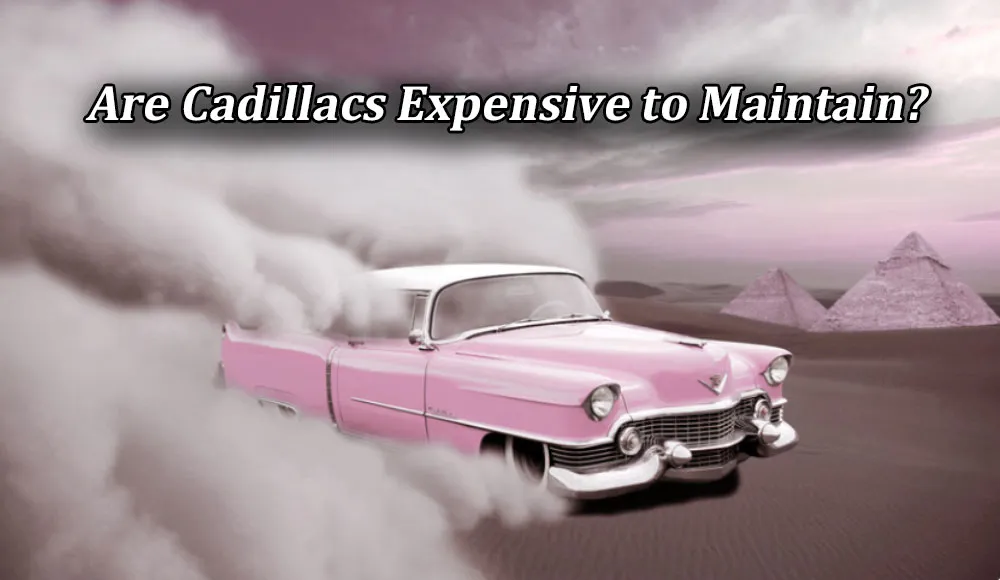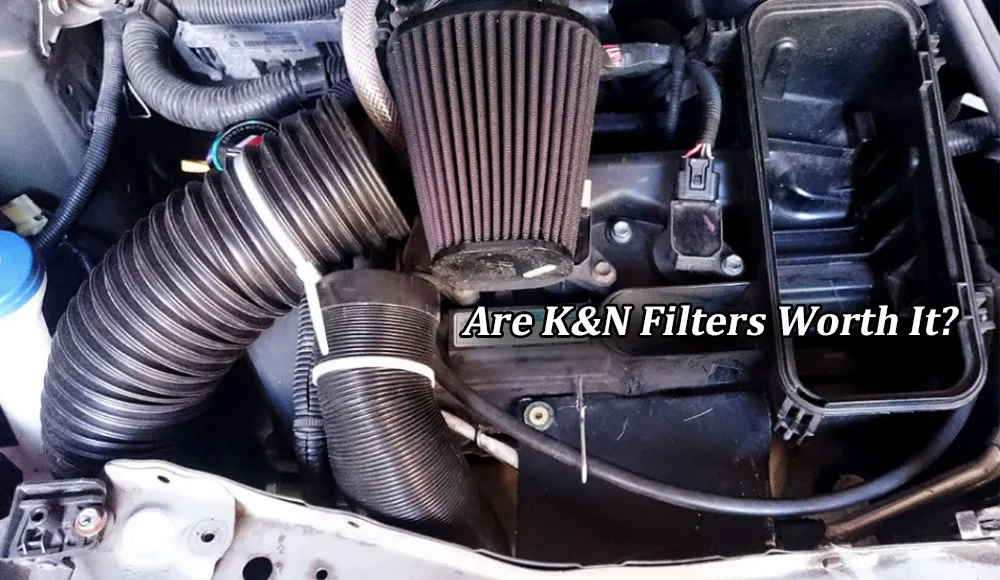Hello, fellow car enthusiasts and curious minds! Today, I’m delving into a topic that many of you have asked about loaner cars. What are they, when do you get one, and what should you know about them?
Whether you’re a seasoned driver or a newbie to the world of automobiles, understanding loaner cars can come in handy. So, let’s dive right in.

The Purpose of Loaner Cars
A loaner car is essentially a temporary replacement vehicle provided to you when your own car is in the shop for repairs or servicing. Imagine this: you drop off your car for a lengthy service, but life doesn’t pause.
You still need to get to work, run errands, or ferry the kids around. Here’s where a loaner car becomes your temporary savior. Dealerships or service centers offer these vehicles to maintain customer satisfaction and convenience. It’s their way of saying, “We value your time and comfort.”
Types of Loaner Cars
Variety Based on Providers
Loaner cars can vary greatly depending on the provider. A dealership might offer you a latest model similar to your own vehicle, while an insurance company might provide a more basic model. The type of loaner car usually reflects the standard of service of the provider and the nature of your original vehicle.
Eligibility and Requirements for Getting a Loaner Car
How to Qualify
Getting a loaner car isn’t always automatic. Eligibility often depends on the warranty of your vehicle or the policies of the service center. For example, if your car is under a certain type of warranty, a loaner might be part of your coverage. Usually, you’ll need to show your driver’s license, proof of insurance, and sometimes, the service center might require you to be over a certain age.
Is Buying a Loaner Car a Good Decision?
Buying a loaner car can be a smart decision, especially if you’re seeking a well-maintained vehicle at a potentially lower price. Loaner cars, typically used as temporary replacements for customers at dealerships, are usually recent models with low mileage. They receive regular servicing and maintenance, ensuring they’re in good condition. However, it’s essential to remember they’ve been driven by multiple people, so careful inspection and a review of the car’s history are crucial. Overall, if you find a loaner car in excellent condition with a reasonable price tag, it can be a great value purchase.
Costs and Insurance Implications
Understanding the Financial Aspect
While loaner cars are often free, that’s not always the case. Some dealerships might charge a nominal fee, especially if you’re not getting your car serviced with them. As for insurance, most of the time, your existing car insurance will cover the loaner. However, it’s always wise to check with your insurance provider and the loaner provider to avoid any surprises.
Pros and Cons of Using Loaner Cars
Pros of Using Loaner Cars
- Continued Mobility: The most significant advantage is uninterrupted mobility. When your car is in the shop, a loaner car means you can carry on with your daily routine without major disruptions.
- Test Drive Opportunity: It offers a unique chance to test drive a different model, which can be beneficial if you’re considering an upgrade. Driving a loaner car for a few days provides a better feel than a short test drive.
- Well-Maintained Vehicles: Loaner cars are typically well-maintained. Since they represent the dealership or service center, they’re often kept in excellent condition, both mechanically and in terms of cleanliness.
- Potential Cost Savings: If the loaner car is provided for free or at a low cost, it can be more economical than renting a car.
Cons of Using Loaner Cars
- Liability Concerns: You’re responsible for any damage incurred during your use. This responsibility can add a level of stress, especially when navigating insurance coverages.
- Unfamiliar Vehicle Dynamics: Adjusting to a different car’s handling, especially in stressful driving conditions, can be challenging. Each car has its quirks, and getting used to a new vehicle takes time.
- Limited Availability: Not all service centers offer loaner cars, and even when they do, availability can be limited. You might find yourself on a waiting list or with a model that doesn’t meet your needs.
- Potential Hidden Costs: Be aware of hidden costs. Some places might charge for mileage or require you to return the car with a full tank of gas.
Conclusion
In conclusion, loaner cars are a fantastic service that can make your life easier when your vehicle is out of commission. However, it’s important to understand the terms, costs, and insurance implications. Next time your car needs to go to the shop, don’t hesitate to ask about a loaner car. It could be the convenient solution you need!


